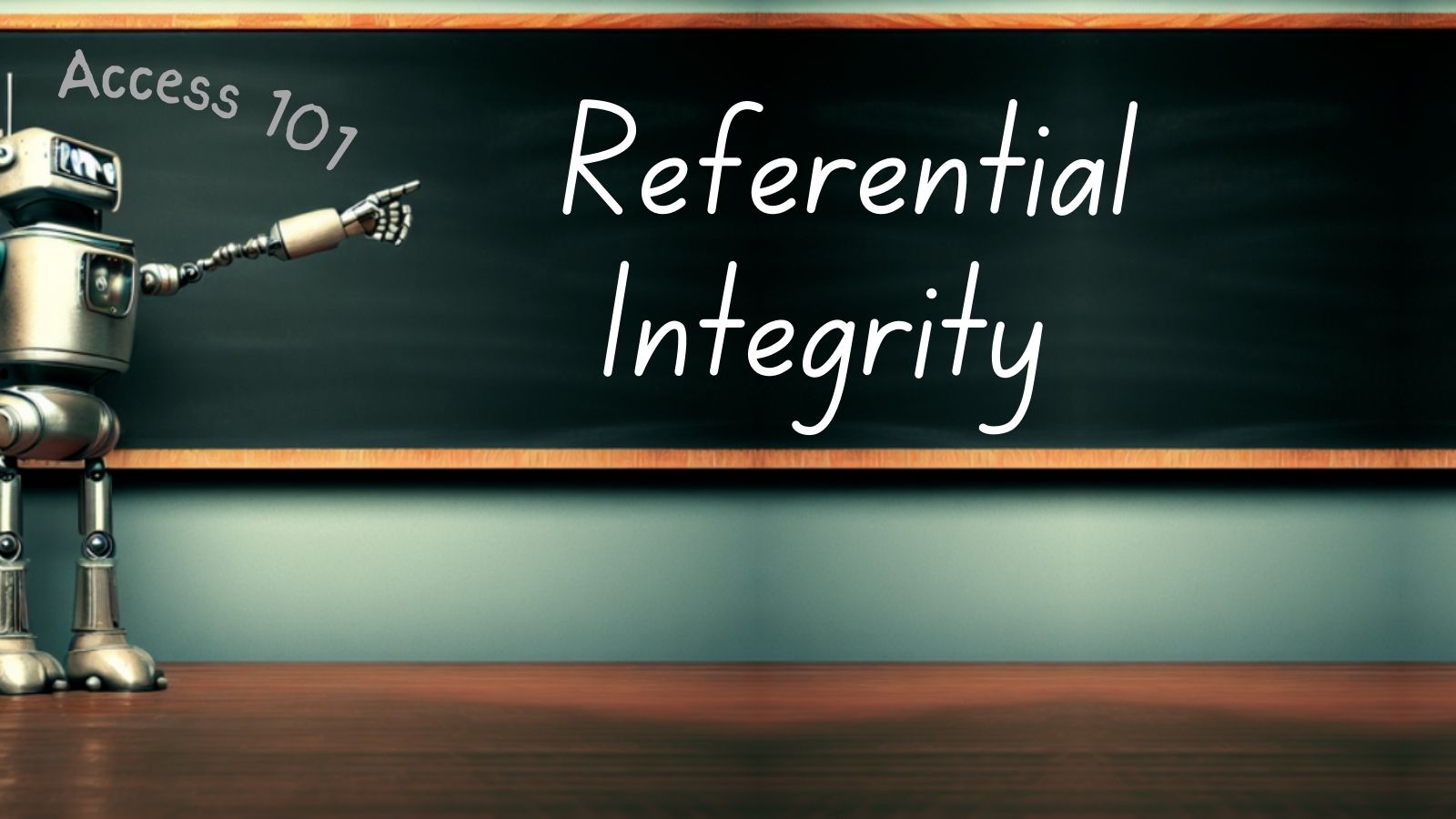Teri Bridges
Member
- Local time
- Today, 11:08
- Joined
- Feb 21, 2022
- Messages
- 187
I think I get the basic idea, but I could use some guidance on these two features.
I am not sure when it is a good idea or a bad idea.
I need the user to be able to delete a record in the form view so I set my relationship to cascade delete. I hope this means all follow-on data is deleted as well.
For example Lesson>Topic>Event
If I delete the topic the event associated with that topic is deleted, but the lesson would not.
Any guidance or good foundational rules would be greatly appreciated.
I am not sure when it is a good idea or a bad idea.
I need the user to be able to delete a record in the form view so I set my relationship to cascade delete. I hope this means all follow-on data is deleted as well.
For example Lesson>Topic>Event
If I delete the topic the event associated with that topic is deleted, but the lesson would not.
Any guidance or good foundational rules would be greatly appreciated.


